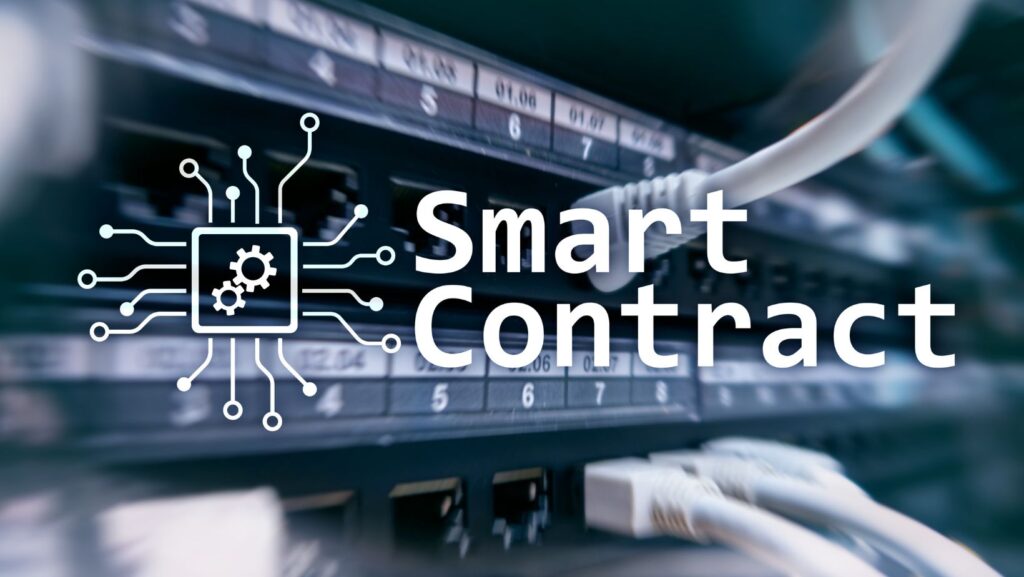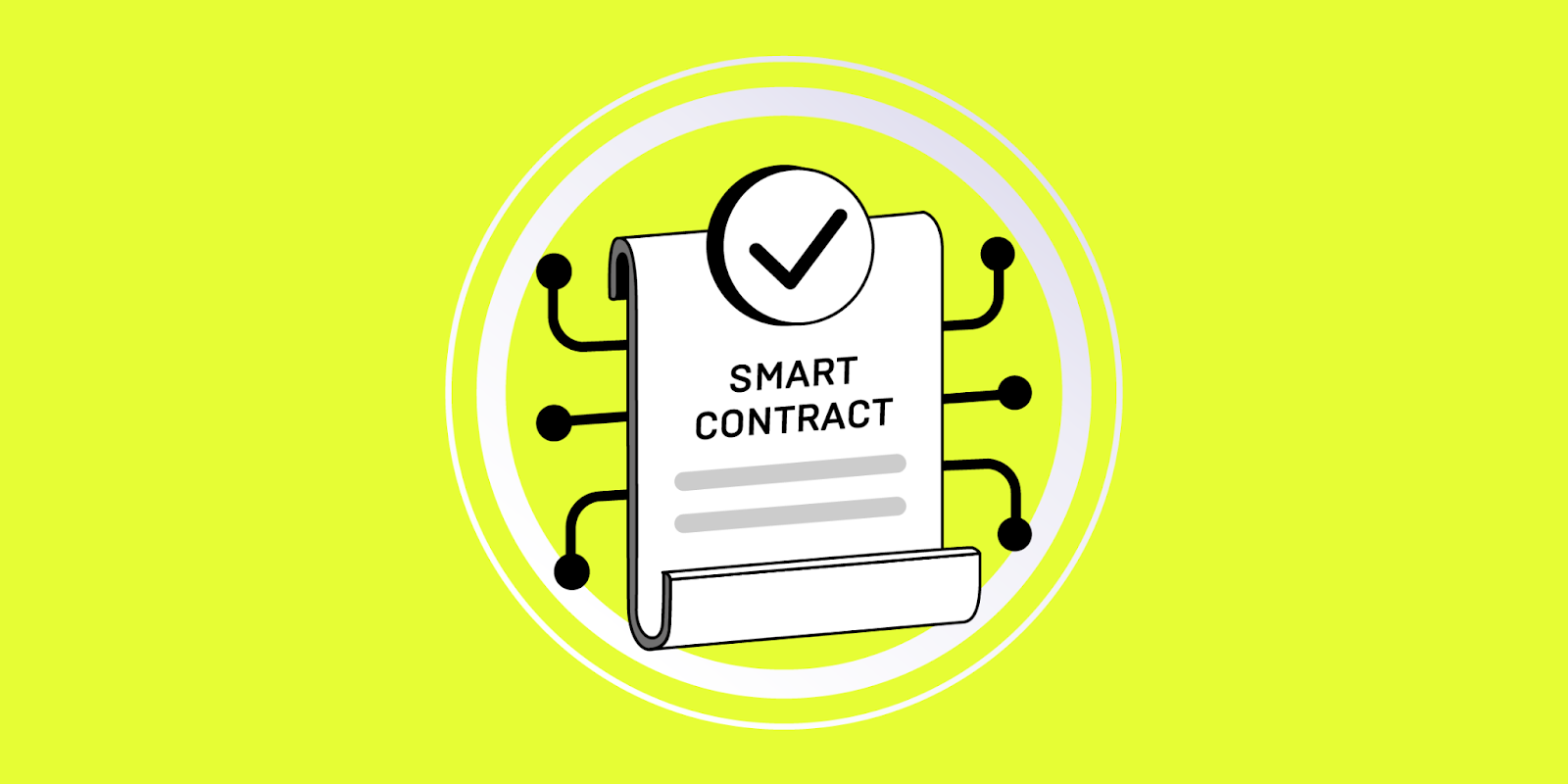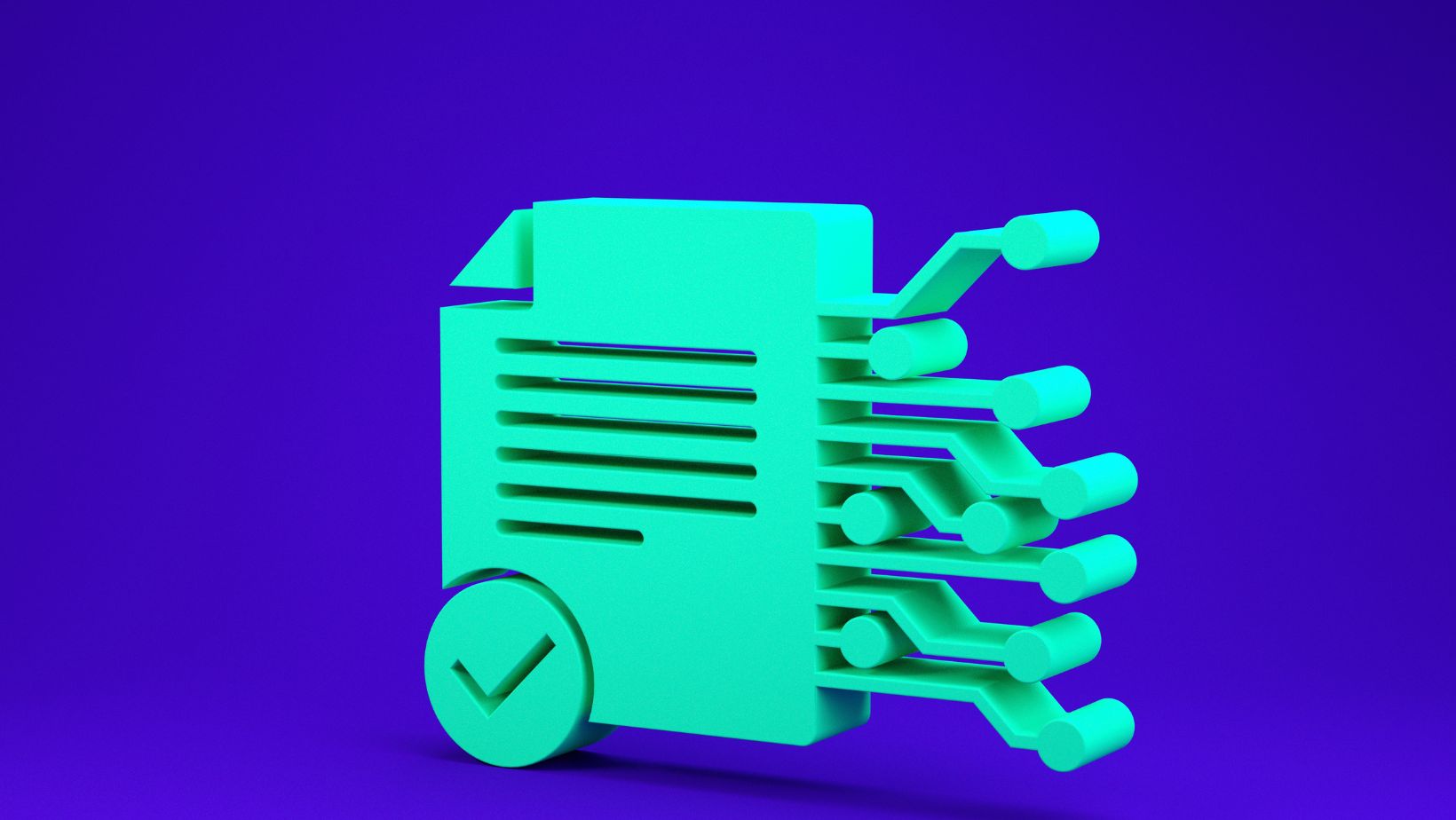
Smart Contracts: A Revolution in Business and Finance
Smart contracts are self-executing contracts with the terms of the agreement directly written into lines of code. They run on blockchain networks, which are decentralized and tamper-resistant, ensuring that the contract’s conditions are met automatically without needing a mediator. This programming allows for high precision and reliability in executing contractual obligations. Smart contracts can be utilized in various applications, from financial transactions to supply chain management, making them versatile tools in the digital economy.
The concept of smart contracts was first introduced by computer scientist Nick Szabo in 1994. However, it wasn’t until the advent of blockchain technology that smart contracts could be realized practically, scalable. The decentralized nature of blockchain eliminates single points of failure and enhances security, making smart contracts more trustworthy than traditional contracts. Furthermore, they provide a transparent audit trail, recording all transactions on the blockchain, ensuring accountability and traceability.
Understanding the underlying technology is crucial for grasping the potential of smart contracts. They are algorithms designed to execute actions when predefined conditions are met. For example, in a simple agreement between a buyer and a seller, a smart contract could automatically release payment once the goods are delivered. This eliminates the need for third parties, such as banks or legal entities, which often add unnecessary complexity and cost to transactions. Together with the balloon juego dinero team, we will talk about this in more detail.
Advantages of Smart Contracts
The advantages of smart contracts are manifold, making them an attractive option for businesses looking to modernize their operations. One of the most significant benefits is increased efficiency. By automating processes, smart contracts reduce the time required to execute agreements, allowing transactions to be completed in real-time. In contrast, traditional contracts often involve lengthy negotiations and multiple intermediaries, leading to delays and inefficiencies.
Another key advantage is enhanced security. Smart contracts are built on blockchain technology, which is inherently secure due to its decentralized nature. This means that once a smart contract is deployed, it cannot be altered or tampered with, reducing the risk of fraud. Additionally, the transparency of blockchain allows all parties involved to verify the contract’s execution without relying on a central authority, further enhancing trust.
Cost reduction is another compelling reason for businesses to adopt smart contracts. By eliminating intermediaries and automating processes, companies can significantly lower transaction costs. This is particularly beneficial in industries with tight margins, such as finance and logistics. Moreover, smart contracts can minimize human error, which can lead to costly mistakes in traditional contracts, further enhancing overall cost efficiency.
Applications of Smart Contracts in Business and Finance
Smart contracts have various applications across various sectors, particularly business and finance. In the financial industry, they are being utilized for automating processes such as loan issuance, insurance claims, and payment settlements. For instance, a smart contract can automatically execute a loan agreement, releasing funds once predefined conditions are met, such as collateral verification. This speeds up the process and reduces the chance of default.
Additionally, smart contracts are gaining traction in supply chain management. They can be used to track the movement of goods, ensuring that all parties know the current status of shipments. For example, a smart contract can trigger payment to a supplier once a shipment is confirmed as delivered at its destination. This level of transparency and automation helps mitigate disputes and enhances stakeholder trust.
Real estate is another sector poised for disruption through smart contracts. Buying and selling property involves numerous steps and intermediaries, making it time-consuming and expensive. However, smart contracts can streamline the process by facilitating secure and automatic ownership transfers. Once the conditions of the sale are met, such as the payment of the purchase price, the smart contract can effectuate the transfer of the property title, making transactions faster and more efficient.
How Smart Contracts Work
Understanding how smart contracts work requires a look at the underlying technology and the steps involved in their execution. A smart contract is coded in a programming language that the blockchain network can understand, such as Solidity for Ethereum. The contract’s code contains the rules and conditions agreed upon by the parties involved. Once the code is deployed on the blockchain, it becomes immutable, meaning it cannot be changed.
When a predetermined condition is met—such as a payment being received or a product being shipped—the smart contract activates. The execution is done automatically, and the results are recorded on the blockchain. This process eliminates the need for intermediaries, drastically reducing the time it takes to complete transactions. Moreover, using cryptographic algorithms ensures that all data remains secure and private, thus safeguarding sensitive information.
In practical terms, using smart contracts involves several steps: first, parties agree on the contract terms and conditions. Next, the contract is coded and deployed to the blockchain. Once live, the contract monitors the conditions, and when they are fulfilled, the contract executes the agreed-upon actions. This whole process is transparent and verifiable by all parties involved, creating an environment of trust and accountability.
Key Features of Smart Contracts
Several key features make smart contracts a revolutionary tool in the business and finance sectors. First and foremost is their self-executing nature. Unlike traditional contracts that require manual enforcement, smart contracts automatically execute actions based on the input conditions coded into them. This automation saves time and reduces the potential for human error, ensuring that all parties adhere to the agreed terms.
Another critical feature is their transparency. Once deployed on the blockchain, smart contracts are accessible to all relevant parties, and every transaction is publicly verifiable. This level of transparency fosters trust among participants, as they can independently verify the execution of the contract without relying on a central authority. The ability to audit transactions in real time further enhances accountability and mitigates potential disputes.
Security is also a paramount feature of smart contracts. The decentralized nature of blockchain technology secures the contracts against hacking and fraud. The results are immutable once a smart contract is executed, meaning they cannot be altered or deleted. This level of security makes smart contracts particularly appealing for high-stakes transactions where trust is essential.
Implementing Smart Contracts in Different Industries
The implementation of smart contracts varies across different industries, but the underlying principles remain the same. In the financial sector, institutions are increasingly adopting smart contracts to streamline operations and reduce costs. For example, banks are using smart contracts to automate loan processing, which speeds up the approval process and minimizes the risk of default. This has increased customer satisfaction and improved financial outcomes for both banks and borrowers.
In the healthcare industry, smart contracts are being explored for managing patient records and automating insurance claims. By securely storing patient information on the blockchain, healthcare providers can ensure that only authorized parties can access sensitive data. Smart contracts can automatically process insurance claims based on predefined conditions, eliminating the need for manual processing and reducing the potential for fraud.
The energy sector is also witnessing the benefits of smart contracts, particularly in managing decentralized energy grids. Smart contracts allow for peer-to-peer energy trading, enabling consumers to directly buy and sell excess energy. This decentralization not only promotes sustainability but also empowers consumers, allowing them to take control of their energy consumption and costs. As various industries continue to explore the potential of smart contracts, the opportunities for innovation are boundless.
Challenges and Limitations of Smart Contracts
Despite the numerous advantages of smart contracts, some challenges and limitations must be addressed before widespread adoption occurs. One significant challenge is the complexity of programming smart contracts. Writing secure and error-free code requires specialized skills and knowledge in blockchain technology, which can be a barrier for many businesses. Even minor coding errors can lead to significant financial losses, making it crucial for businesses to engage skilled developers.
Another limitation is the legal status of smart contracts. While they offer many advantages, the legal framework surrounding smart contracts is still evolving. In some jurisdictions, the enforceability of smart contracts remains ambiguous, leading to uncertainty for businesses considering their adoption. This legal gray area can deter companies from fully embracing this technology, as they may be unsure of how contracts will be interpreted in a court of law.
Additionally, there are concerns regarding privacy and data security. While blockchain technology is inherently secure, the transparency of smart contracts can raise privacy concerns, especially in industries dealing with sensitive information. Businesses must balance transparency and confidentiality, ensuring that proprietary information remains protected while leveraging the benefits of smart contracts.
Future Trends in Smart Contract Technology
As the technology surrounding smart contracts continues to evolve, several trends are emerging that could shape the future landscape of business and finance. One trend is integrating artificial intelligence (AI) with smart contracts. By combining AI with smart contracts, businesses can create more sophisticated agreements that adapt to changing conditions. For example, AI can analyze market trends and automatically adjust contract terms to ensure optimal outcomes for all parties involved.
Another trend is the rise of cross-chain smart contracts. Currently, most smart contracts are tied to a specific blockchain, limiting their interoperability. However, the potential for cross-chain smart contracts will expand as blockchain networks become more interconnected. This will allow for seamless transactions between different blockchain platforms, enhancing flexibility and opening new avenues for innovation.
Moreover, regulatory frameworks are beginning to catch up with the rapid development of smart contracts. As governments and regulatory bodies establish clearer guidelines, businesses will have greater confidence in adopting smart contracts. This regulatory clarity is essential for fostering innovation while ensuring consumer protections are in place. Smart contracts will likely play an increasingly central role in transforming the business and finance sectors as these trends unfold.
Smart Contract Development Tools and Platforms
Several development tools and platforms can facilitate the process for businesses looking to implement smart contracts. One of the most popular platforms for creating smart contracts is Ethereum. With its robust ecosystem and widespread adoption, Ethereum provides developers with the tools to create, deploy, and manage smart contracts effectively. The Solidity programming language, specifically designed for writing smart contracts, offers a comprehensive framework that simplifies development.
Other platforms, such as Hyperledger Fabric, are also gaining traction, particularly in enterprise settings. Hyperledger provides a permissioned blockchain framework that allows businesses to create private smart contracts tailored to their specific needs. This flexibility is particularly appealing for industries such as finance and healthcare, where privacy and security are paramount.
Additionally, user-friendly development tools like Remix and Truffle enable developers to easily write, test, and deploy smart contracts. These tools streamline the development process, allowing businesses to focus on creating innovative solutions rather than getting bogged down in technical complexities. As the ecosystem of smart contract development tools continues to grow, businesses will have more options to harness this transformative technology’s power.
Conclusion
Smart contracts are undoubtedly revolutionizing the way business and finance operate, offering many benefits, including efficiency, security, and cost reduction. As organizations across various industries increasingly adopt this innovative technology, the potential for growth and transformation is immense. While challenges and limitations exist, continued advancements in technology and regulatory frameworks will pave the way for broader acceptance and implementation of smart contracts.
The future of smart contracts is bright, with emerging trends like AI integration and cross-chain interoperability poised to further enhance their capabilities. As businesses continue to explore and implement smart contracts, they will unlock new opportunities for innovation and efficiency, ultimately driving the evolution of the digital economy. The journey has just begun, and the possibilities are limitless.














